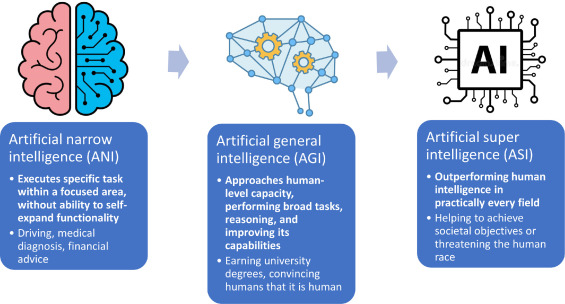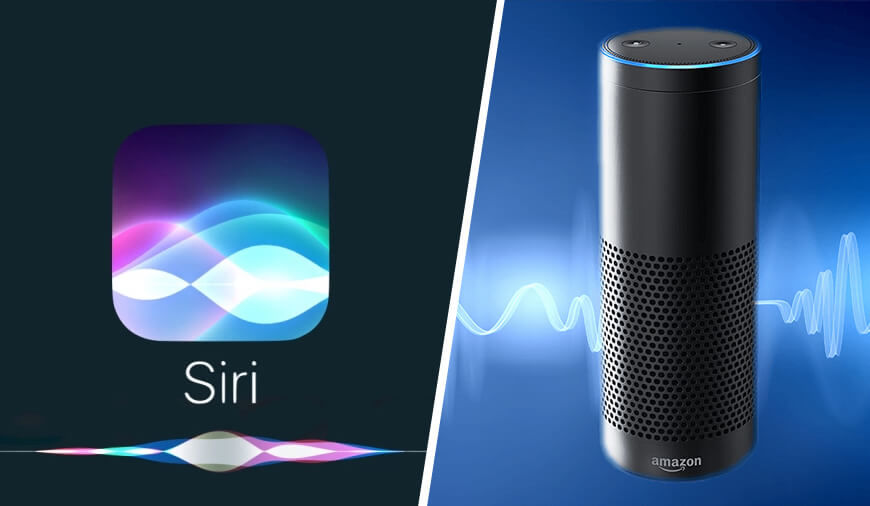Nowadays, Artificial Intelligence (AI) tools are widely used. Some examples include:

Although all these tools and applications are impressive, very few of them meet the science fiction expectations of AI.
It is a big and complex question with no simple answer. There are many different definitions of AI, from “a poor choice of words in 1954” to “machines that can learn, reason, and act”.
The big problem is the term “intelligence”. The term “artificial” is easy to define, but psychologists have not yet reached a consensus on what constitutes human intelligence, let alone computers.

The AI effect (or Tesler’s theorem) is the idea that “AI is anything that hasn’t been done yet”.
A decade ago, it was believed that computers needed some level of artificial intelligence to read written text; now it has been integrated into the camera applications on your smartphone.
Deep Blue is the embodiment of AI when it defeated Garry Kasparov in 1997; now, even the best chess players cannot defeat a smartwatch, and no one thinks their Apple Watch is artificially intelligent. Even AI chatbots are starting to become less impressive as people discover their limitations.
So, instead of dealing with an overly vague definition of AI, let’s work with three slightly less ambiguous definitions:
Artificial Narrow Intelligence or ANI (sometimes considered weak AI, but that’s actually venturing into the realm of AI research) is an AI system designed to perform specific tasks.
While there will always be disagreement about what exactly constitutes AI and where the standards are set, let’s consider some things that are considered to be among the most common ANI right now.
For example: ChatGPT, Bard, or Bing, etc.
Although extremely impressive, ChatGPT and other AI chatbots such as Bard are still narrow AIs. Although they can answer and understand many questions or prompts, that is their specific task.
Example: You cannot ask ChatGPT for directions to the nearest store, even though you can ask ChatGPT to write a poem about Walmart.
Broadly speaking, GPT-4 and other Large Language Models (LLMs) underpin AI-powered chatbots, also known as ANI. Although they can produce surprisingly fluent text, they do not truly comprehend language.
Additionally, DALL E 3 and Stable Diffusion are also ANI.
Similarly, voice assistants like Alexa and Siri are prime examples of ANI.
While they may have many functions around your home, they are actually designed to respond to questions, set timers, and control your smart lights.


Artificial general intelligence, also known as synthetic intelligence, is AI that demonstrates human-like intelligence (or “arguably, superior human-like intelligence”).
The actual meaning of this is still being debated, but overall it is considered to be much more of a science fiction concept than what we have today.
It is not trained for specific tasks; instead, it can perform nearly any task it is asked to do.
The goal of all these definitions is to capture the full range of “human-like” aspects of intelligence. It’s not just about computers being able to determine the correct action in a new situation, recognize objects from a distance, or remember important details about something. It’s the ability to do all of these things without the need for reprogramming or retraining.

We know that most AI terminologies are poorly defined and there is some debate about whether AGI means being as smart as or smarter than humans. That’s where Artificial Superintelligence (ASI) comes in.
Strangely enough, this is almost the easiest part to define. ASI is an AI system that surpasses human intelligence. They are futuristic supercomputers with your own consciousness. We have not yet developed it, and there will certainly be much debate about what is considered AGI and what is considered ASI as we get closer to it, but for now, we don’t need to.
Artificial Superintelligence (ASI) is speculative AI. Not just mimicking or understanding human intelligence and behavior; ASI is where machines self-aware; beyond the ability of human intelligence and capability.
Super intelligence has long been the muse of outdated science fiction. Where robots dominate, overthrow, and/or enslave humanity. The concept of artificial intelligence shows AI developing very similarly to human emotions and experiences; to the point where not only does it understand us; it evokes its own emotions, needs, beliefs, and desires.
Apart from replicating many aspects of human intelligence; in theory, ASI will be much better at everything we do; mathematics, science, sports, arts, medicine, hobbies, relationships, everything. ASI will have larger memory and faster data processing, analysis and stimulation capabilities. Therefore, the decision-making and problem-solving abilities of super intelligent people; will be significantly superior to those of humans.
The prospect of owning such powerful machines according to our wishes seems attractive; but the concept itself has countless unknown consequences. If self-aware super intelligent creatures appear; they will be able to conceive ideas such as self-preservation. The impact of this on humanity, our survival and way of life. But that’s pure speculation.



